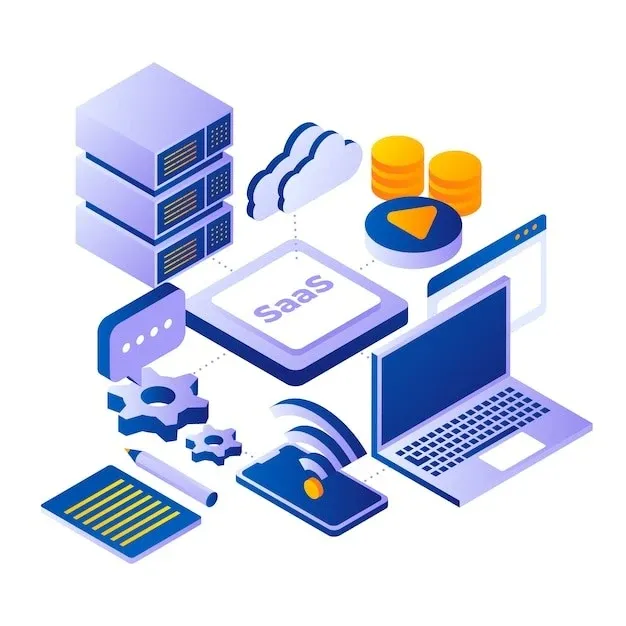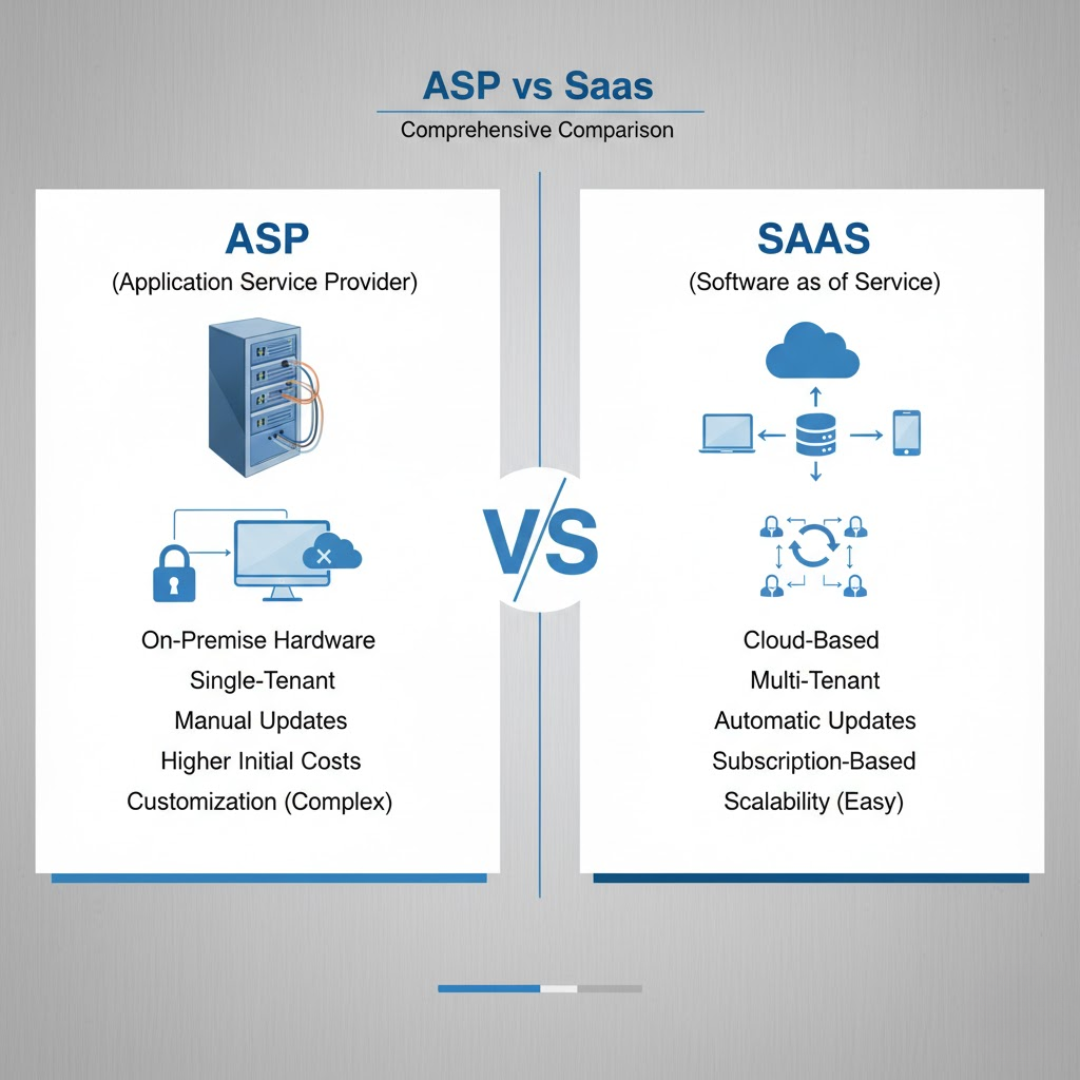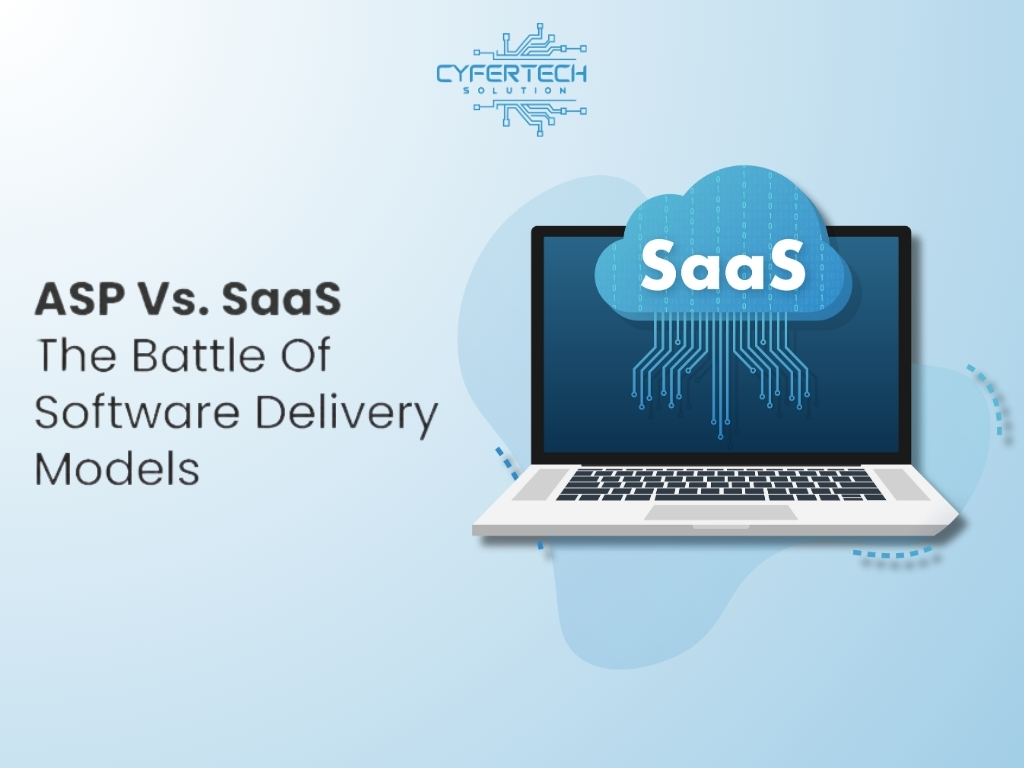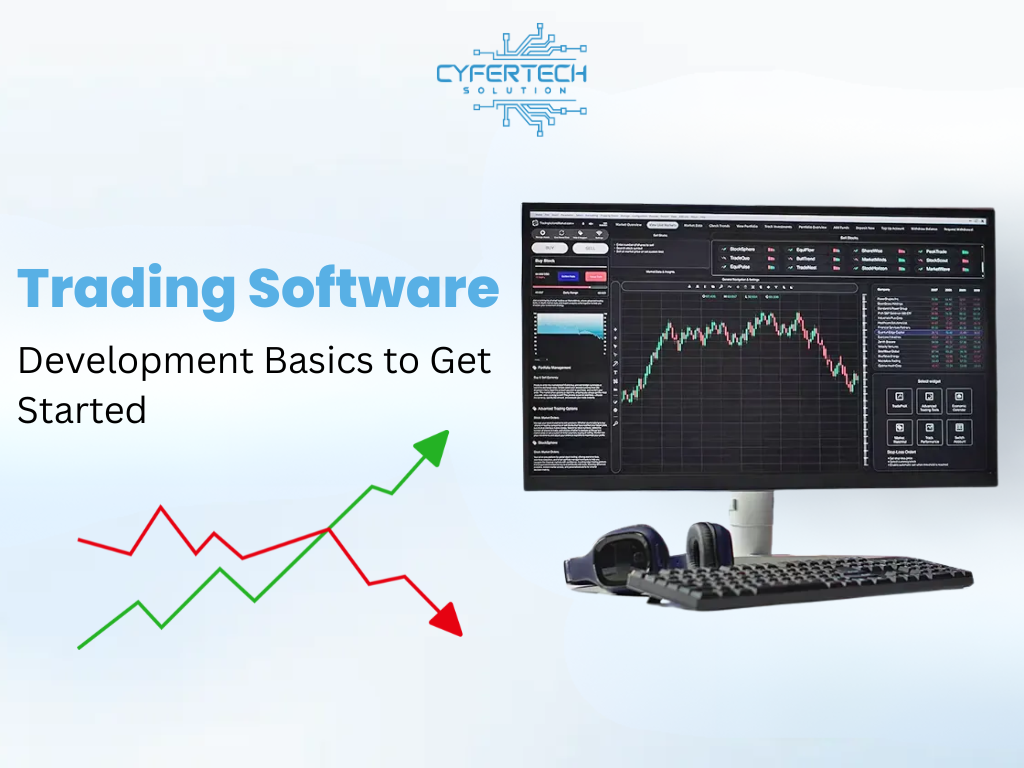Discover the Differences Between ASP vs. SaaS Software Delivery Models
The landscape of software delivery has evolved significantly, moving from on-premises installations to flexible models like Application Service Providers (ASPs) and Software as a Service (SaaS).
While both ASP and SaaS deliver software over the internet, they differ in architecture, deployment, and customization. Choosing the right model depends on your business’s software complexity, scalability needs, and control requirements.
This guide compares ASP and SaaS models, highlighting their benefits, drawbacks, and when to choose each.
ASP Model Explained

The Application Service Provider (ASP) model involves a third-party hosting software applications for clients over a network. It reduces the need for in-house infrastructure and maintenance.
Centralized Hosting
ASPs host software on their own servers, saving clients from maintaining internal hardware and systems.
Customization and Integration
ASPs often offer higher levels of customization and integration with existing business systems.
Dedicated Instances
Clients typically have dedicated software instances, offering more control and security at the cost of added complexity.
Legacy Applications
ASPs are often used to deliver legacy applications that may not be compatible with SaaS platforms.
What is SaaS Model?

Software as a Service (SaaS) is a subscription-based model where software is hosted in the cloud and accessed via the internet. It typically follows a multi-tenant architecture.
Multi-Tenancy
SaaS applications serve multiple customers using the same codebase, improving efficiency and scalability.
Subscription-Based Model
SaaS is paid on a recurring subscription basis, reducing upfront costs and offering predictable expenses.
Automatic Updates
All software maintenance and updates are handled by the SaaS provider, ensuring users always have the latest version.
Accessibility
Users can access SaaS applications from any device with an internet connection, offering great flexibility.
Scalability
SaaS platforms scale effortlessly, making them ideal for growing businesses or variable workloads.
ASP vs SaaS – A Comprehensive Comparison of the Two Models

Architecture
ASPs offer dedicated instances, while SaaS uses a shared, multi-tenant architecture.
Customization
ASPs provide greater customization, while SaaS limits customization to maintain simplicity and uniformity.
Scalability
SaaS platforms are inherently more scalable than ASP solutions.
Cost
SaaS is typically more cost-effective, especially for startups and small businesses.
Control
ASPs offer more control over software environments, while SaaS providers manage the infrastructure.
Updates
Updates are manual or scheduled in ASPs, while SaaS updates are automatic.
Deployment
ASP solutions require more setup, while SaaS is ready to use immediately.
Why Do Professional Development Teams Need Robust Software Delivery Models?

Faster Time to Market
Streamlined delivery models help release new features and updates quickly.
Improved Quality
Integrated testing ensures high software reliability and performance.
Enhanced Collaboration
Modern models support collaboration across teams and departments.
Increased Efficiency
Automation and optimization reduce manual workloads.
Reduced Costs
Efficient workflows cut down on development and maintenance expenses.
Scalability and Flexibility
Delivery models that scale easily help teams adapt to changing business needs.
ASP vs SaaS – Why Should a Business Choose One Over the Other?

Choose ASP When:
You need heavy customization, legacy system support, or dedicated infrastructure for compliance or security.
Choose SaaS When:
You want low-cost, scalable, and fast-to-deploy solutions with minimal management overhead.
Conclusion
Both ASP and SaaS offer value depending on your business’s specific needs. Carefully assess your goals, budget, and scalability before choosing a software delivery model that supports your long-term strategy.


 Blog Details
Blog Details

.png)


0 Comments
No comments yet. Be the first to leave one!